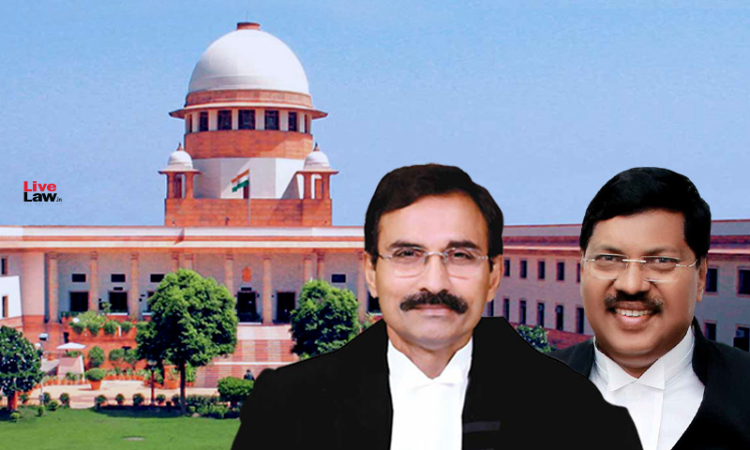In A Democratic Setup, The Will Of The Majority Has To Prevail: Supreme Court
LIVELAW NEWS NETWORK
10 Sept 2021 11:34 AM IST

Next Story
10 Sept 2021 11:34 AM IST
The Supreme Court has observed in a judgment that "in a democratic set up, the will of the majority has to prevail".A bench comprising Justices L Nageswara Rao and BR Gavai made this observation in the case Sau Sangeeta w/o Sunil Shinde v. The State of Maharashtra & Or related to the approval of the group leader of a party in Panchayat Samiti elections.The Court was considering an...
